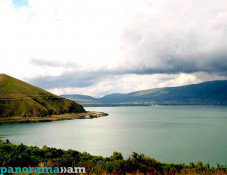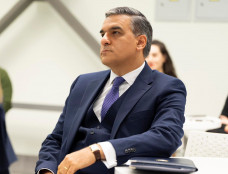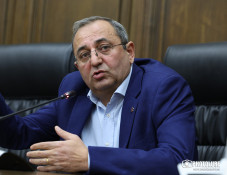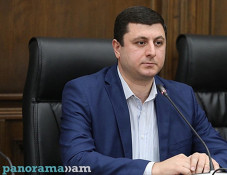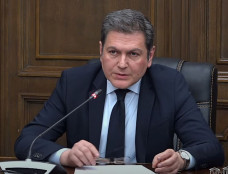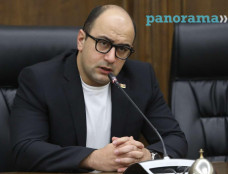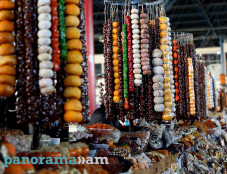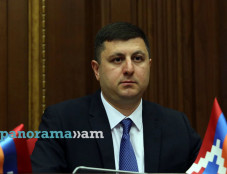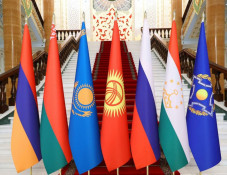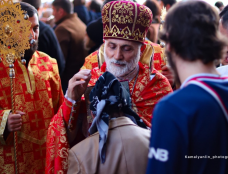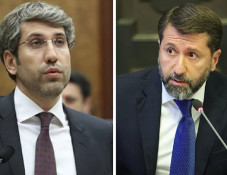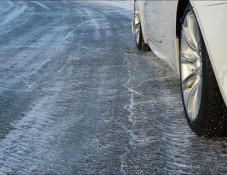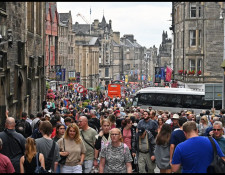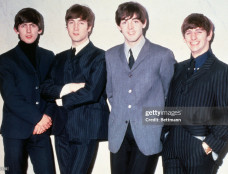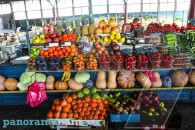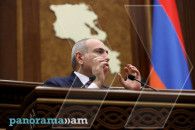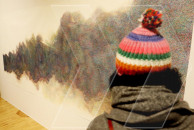The Guardian: How many children could access medical treatment with money spent on European Games?
On the eve of the first European Games, the Azerbaijani police and security guards are prohibiting locals from snapping photos of Baku’s historic Old Town on Caspian Sea coast, American portal Eurasianet.org reports.
The article reads that Azerbaijan is trying to spruce up the capital Baku in advance of the European Games. But the new rule is striking Baku residents as excessive. The enforcement of the de facto ban has left some Baku residents confused and exasperated. “I was born and have grown up in this city and I am not allowed to take a picture of its most beautiful part,” complained one 29-year-old Azerbaijani man, Anar Gurbanov. This unwritten rule does not seem to apply to tourists. “Tourists are allowed to take photos, but citizens have to get permission from the management of the Old Town,” said one Old Town security guard, who gave his name as Vugar. Baku residents, however, have found a way to bypass restrictions. One male Azerbaijani resident of Baku says that, for example, he speaks to police officers in English. “Scores of times I have taken photos as a tourist in the city,” the man said and added that ''none of the security guards knows English, so you can say whatever you wish.”
According to the information, the reason for the clampdown remains a mystery. A city government spokesperson did not answer phone requests for explanation. Members of the governing Yeni Azerbaijan Party also could not be reached. Some government critics explain that the government seeks total control over the population. Authorities are also preoccupied with controlling the image of Azerbaijan that is projected to the outside world.
It is also noted that photography of Baku’s historic downtown is not the only new rule being enforced during the run-up to the European Games. The State Traffic Police also has forbidden “untidy, old cars with a color which does not match the city’s color scheme” from being driven in Baku during the Games. “Think about it yourself – what impression will cars make on foreign visitors to our country?” State Traffic Police Director Vagif Asadov said in late April, 2015. Hoping to avert traffic jams, Asadov also urged that no weddings or funerals be held in the city during the month of June. Starting this month, for example, some public bus routes will be canceled until July. A number of streets also will be closed – a decision that will inconvenience an estimated 120,000 people. Baku residents may grumble about the changes, but can do little other than complain.
“A foreign guest, treated well, will talk about the hospitality ... once they leave the country,” a government critic blogger Arzu Geybullayeva said, adding that the same is not done for the locals because there is nowhere they can really leave. And no one they can complain to.
The British newspaper The Guardian writes about an Azerbaijani family. Gulnara Suleymanova and her family of five live in a wagon behind Baku’s prestigious new sports stadium, built especially for the European Games. The family’s income is about 300 Azerbaijani manats (£184) a month – which is barely enough for food, Suleymanova says, who is a cleaner. Suleymanova’s family live in one dim, narrow, room. “I don’t have a table. I can’t offer you a chair, because I don’t have it,” Suleymanova says. “This is both my living room and bedroom. I don’t have proper curtains. If you ask for a bathroom, we don’t have it either, we shower at the neighbours’ place.” “I don’t have a kitchen. Everything I have is inside this room,” she adds.
The British website says that the president of Azerbaijan, Ilham Alyev, is said to have invested a total of £6.5bn in sports venues and infrastructure of the European Games. Organisers are also paying the travel and accommodation expenses of all athletes competing in the event, a move condemned by human rights groups as an attempt to whitewash the country’s poor human rights record and endemic corruption.
For Suleymanova, the glaring disparity between the luxury stadiums and her family’s daily struggle raises important questions about who the Games will actually benefit. “It’s cold in the winter, and it doesn’t matter how much you use the heater. In the summer, it’s terribly hot. We take water from the neighbor. Water, gas, electricity are all one big problem. When it comes to living, you have to experience it yourself in order to understand. It’s hard to describe,” Suleymanova says. After 10 years of renting, the family settled in their oilfield wagon behind the stadium. The smell of oil is ubiquitous, but it’s not their biggest problem: they are hungry, thirsty and the health of two of her children is deteriorating. Suleymanova’s son has a hearing impairment and her daughter has problems with her vision. Each time she sees the stadium she wonders how many children could access medical treatment with the money it cost to build, the article reads.
Newsfeed
Videos





